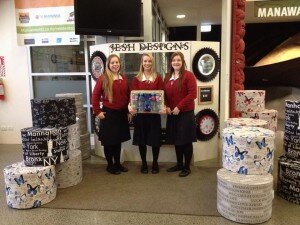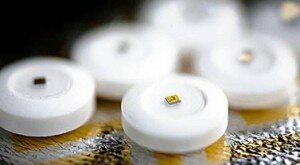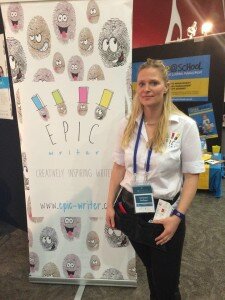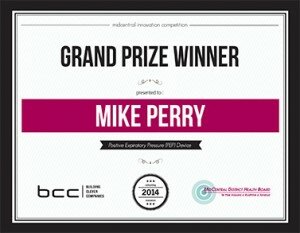The Factory is Palmerston North’s newest and best co-working space. Scheduled to open in late March 2015, it needs a manager.
Co-working spaces are becoming more and more popular around the world. They provide the growing community of modern and flexible workers and companies shared workspaces in dynamic and interactive environments.
At The Factory, our goal is to be ‘the place’ for ambitious young companies to locate and for those working in the innovation and start up community to meet and work.
There will be organisations of all sizes – just because someone works on a small team doesn’t mean they need to work in isolation. A lot of good comes from interacting with co-workers and other creative people.
The Factory is located in the historic Old Dairy Factory at the Fitzherbert Science Park.
NUTS AND BOLTS
The Factory Manager runs the place. You will have will have responsibility for the management, performance and development of The Factory business.
Here’s where your love of hats comes in. You’ll be wearing a lot of them and that ensures an interesting and exciting job where no day is the same.
HOST
The Factory Manager will provide every customer who comes into contact with The Factory an exceptional experience! Our aim is for service to be our key point of difference and we will not compromise on this!
In this role, you’ll greet visitors and tenants alike with a big smile and a cheery hello. When someone comes for a meeting, you’ll make sure they are welcomed and made comfortable.
You’ll make sure that every customer feels special and has what they need. You’ll ensure the workspaces are clean and organized, there are plenty of coffee beans and mugs and that everyone has been invited to the BBQ. You’ll order the food for morning tea and the beer for Friday drinks.
SMOOTH OPERATOR
As Factory Manager, you will manage any staff so they deliver the same great Factory experience. You’ll establish appropriate systems and processes for efficient management of The Factory. Some of these processes will be point of sale, stock control and maintenance. You’ll make sure everything runs smoothly.
LINKER
In this role, you will know all the members and residents introduce them to each other. When new ones come in, you’ll make sure they aren’t an island. When members need a resource to make their business succeed, they’ll come to you and you’ll help them find it.
AMBASSADOR
The Manager will know how great The Factory is and be keen to tell the world. You’ll Tweet about it; you’ll put photos on Facebook; you’ll pick up the phone and tell the world how great it is. You’ll answer email requests and make sure the website is up to date. You’ll grow The Factory and come up with effective marketing plans and identify new revenue opportunities.
ABOUT YOU
- You love talking to, helping and connecting people with each other.
- Your energy level is high. People describe you as a breath of fresh air and you’ve been known to be the life of a party or two. You like organizing and hosting events. You know where to get good food.
- You are technologically literate and not afraid of learning how to use new equipment. You have a golden touch with copy and other business machines.
- You are a great communicator. You’re happy to talk, write or present. People want to chat with you each day.
- You’re a good network and are plugged into the community
- You’re happy to be in charge but are also a strong team player. You’re a self-starter and work well within deadlines.
This is a full time job.
Along with your CV, include in your cover letter – in ten words or less, what your idea of perfect customer service is. Send to




